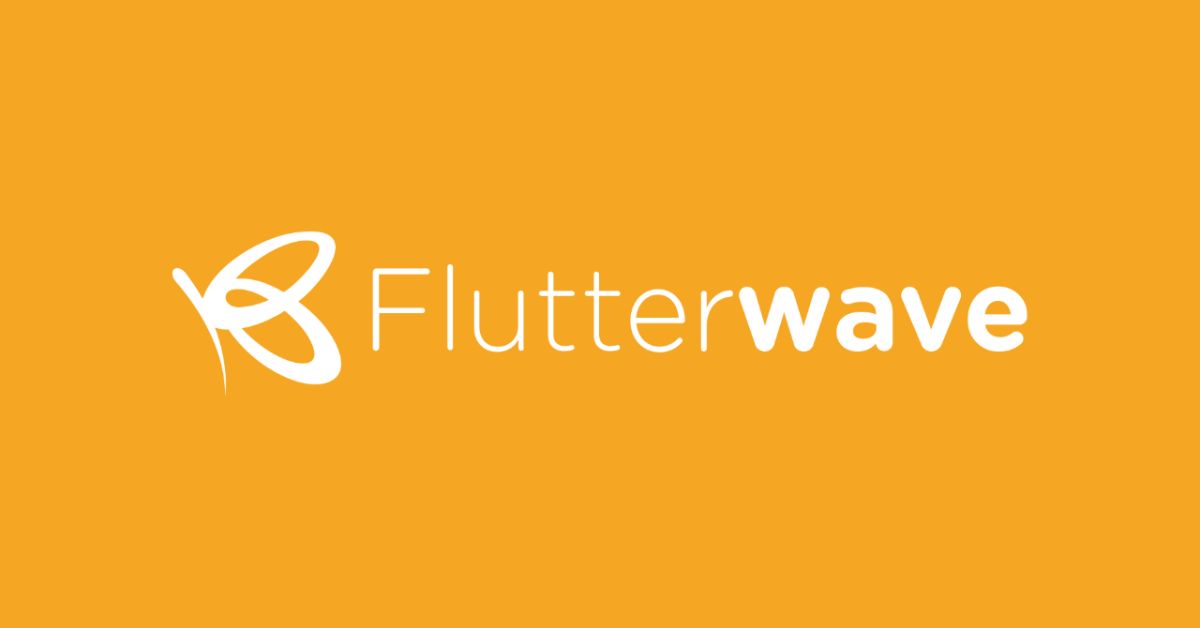Flutterwave, a Nigerian-founded payments company lauded as an African fintech success story, has faced a series of controversies in recent years that have cast a shadow over its reputation. From accusations of money laundering and fraud to allegations of employee harassment, Flutterwave has been forced to defend itself on multiple fronts. This article delves into the complexities of the Flutterwave scandal, examining the accusations, the company’s response, and the wider implications for Africa’s booming fintech sector.
The Kenyan Case: Money Laundering and Fraud Allegations
In July 2022, the Kenyan Asset Recovery Agency (ARA) froze over 6.2 billion Kenyan shillings (approximately $53 million USD) held in Flutterwave’s Kenyan bank accounts. The ARA accused the company of being a conduit for credit card fraud and money laundering. This sent shockwaves through the African fintech space, raising concerns about the security and transparency of financial transactions.
Flutterwave vehemently denied the accusations, stating that all their transactions were legitimate and verifiable. The company argued that the ARA’s actions were based on a “misunderstanding” of their business model. This legal battle dragged on for months, with Flutterwave’s operations in Kenya significantly hampered by the frozen funds.
However, in a surprising turn of events, the ARA withdrew all charges against Flutterwave in February 2023. The Kenyan High Court subsequently ruled in favor of Flutterwave, criticizing the ARA for its “hasty legal action” and lack of proper investigation. This vindication was a significant victory for Flutterwave, but it left lingering questions about the initial accusations and the company’s dealings in Kenya.
The Nigerian Lawsuit: A Ponzi Scheme’s Shadow
While the Kenyan case seemed resolved, another controversy emerged in Nigeria. A group of over 2,400 individuals filed a lawsuit against Flutterwave, alleging that the company had unknowingly facilitated a Ponzi scheme. The lawsuit claimed that Flutterwave processed millions of dollars in transactions for a fraudulent betting company called 86 Football Technology. This pyramid scheme allegedly swindled Nigerians out of over $400 million before collapsing.
The crux of the lawsuit lies in Flutterwave’s role as a payment processor. The company argues that it provides a platform for legitimate businesses and cannot be held responsible for the fraudulent activities of its clients. However, the plaintiffs contend that Flutterwave should have implemented stricter KYC (Know Your Customer) protocols to identify and prevent such schemes.
This case is still ongoing, and the court’s decision will have significant implications for Flutterwave’s operations in Nigeria. It also raises critical questions about the responsibility of payment processors in preventing financial fraud, particularly in developing economies with evolving regulatory frameworks.
Beyond the Headlines: Allegations of Employee Harassment
Beyond the financial scandals, Flutterwave has also faced accusations of fostering a toxic work environment. Former employees have come forward with allegations of bullying, harassment, and a culture of fear within the company. These allegations have tarnished Flutterwave’s image and raised concerns about the company’s internal practices.
Flutterwave has responded by stating that it takes such allegations seriously and has taken steps to address them. However, the company has not provided any details about the specific actions taken. The lack of transparency surrounding these accusations only serves to fuel speculation and damage Flutterwave’s reputation as a progressive employer.
The Fallout: Reputational Damage and Regulatory Scrutiny
The series of controversies has undoubtedly damaged Flutterwave’s reputation. Investors and users alike have become wary of the company’s ability to manage financial risks and ensure the security of transactions. This could potentially hinder Flutterwave’s future growth and expansion plans.
Furthermore, these scandals have intensified regulatory scrutiny of fintech companies across Africa. Regulators are now more cautious and may implement stricter KYC and anti-money laundering (AML) regulations. While this is necessary to safeguard the financial system, it could also stifle innovation and slow down the development of the fintech sector.
Looking Forward: Transparency, Accountability, and Building Trust
Flutterwave has emerged from these controversies bruised but not broken. The company’s future success depends on its ability to regain trust. Here are some key steps Flutterwave can take:
- Increased Transparency: Flutterwave needs to be more transparent about its business practices, KYC procedures, and internal investigations into employee harassment allegations. Open communication will help to rebuild trust with investors, users, and regulators.
- Enhanced Compliance: Investing in robust KYC and AML compliance measures is crucial. This demonstrates Flutterwave’s commitment to preventing financial crime and protecting its users.
- Building a Positive Work Culture: Addressing employee concerns about harassment and fostering a culture of respect and inclusivity is essential. This will not only improve employee morale but also attract and retain top talent.
The Wider Implications for African Fintech
The Flutterwave scandal has broader implications for the future of African fintech. Here’s how it could impact the industry:
- Investor Caution: Investors may become more cautious when considering fintech startups in Africa. They might demand stricter compliance measures and a proven track record before investing. This could hinder the growth of early-stage fintech companies.
- Regulatory Burden: Regulatory bodies might introduce stricter regulations for fintech companies, leading to increased compliance costs and a longer time to market for new products and services. While necessary to prevent future scandals, this could stifle innovation within the sector.
- The Need for Collaboration: The Flutterwave case underscores the need for collaboration between fintech companies, regulators, and consumer protection agencies. By working together, they can develop a robust regulatory framework that fosters innovation while safeguarding financial systems.
A Call for Innovation with Integrity
Despite the challenges, the Flutterwave saga should not overshadow the immense potential of African fintech. The continent boasts a large unbanked population and a growing mobile phone penetration rate, creating a fertile ground for innovative financial solutions. However, this potential can only be fully realized if African fintech companies prioritize innovation with integrity.
Here’s what stakeholders in the African fintech ecosystem can do:
- Fintech Companies: Embrace strong governance, robust compliance measures, and transparent communication. Invest in building a positive work culture and prioritize user protection.
- Regulators: Develop clear and efficient regulatory frameworks that strike a balance between encouraging innovation and mitigating risks. Collaborate with industry players to understand their challenges and find workable solutions.
- Consumers: Educate themselves about financial products and services offered by fintech companies. Be cautious of unrealistic returns and understand the risks involved before investing.
Conclusion
The Flutterwave saga is a turning point for African fintech. It has exposed vulnerabilities and raised crucial questions about regulation, compliance, and corporate culture. However, it also presents an opportunity for the industry to learn, adapt, and emerge stronger. By prioritizing transparency, accountability, and user protection, African fintech can rebuild trust and continue to play a vital role in driving financial inclusion and economic growth across the continent.

